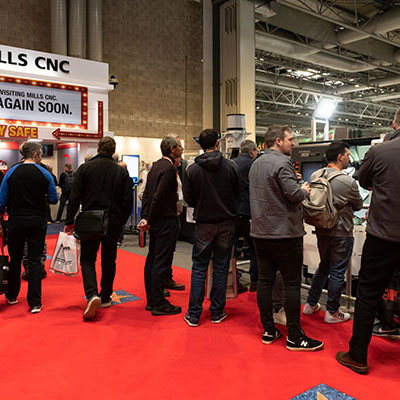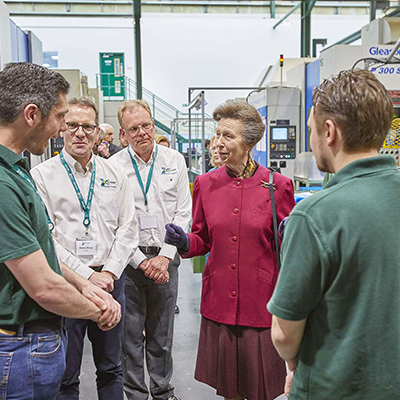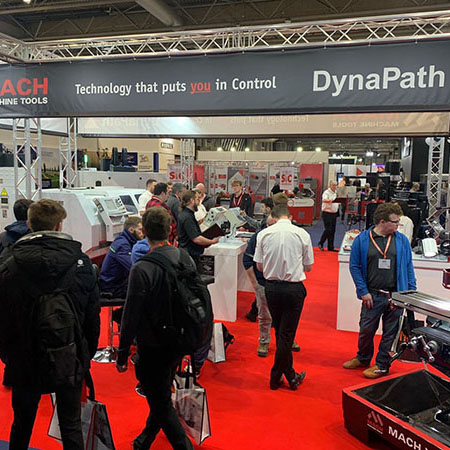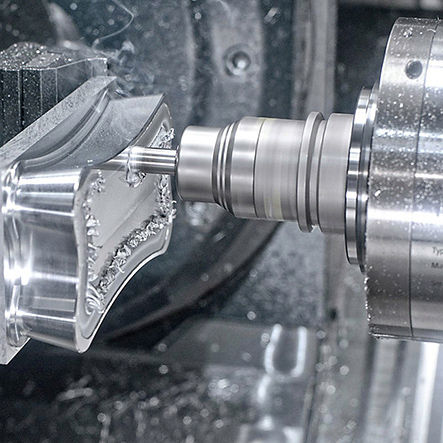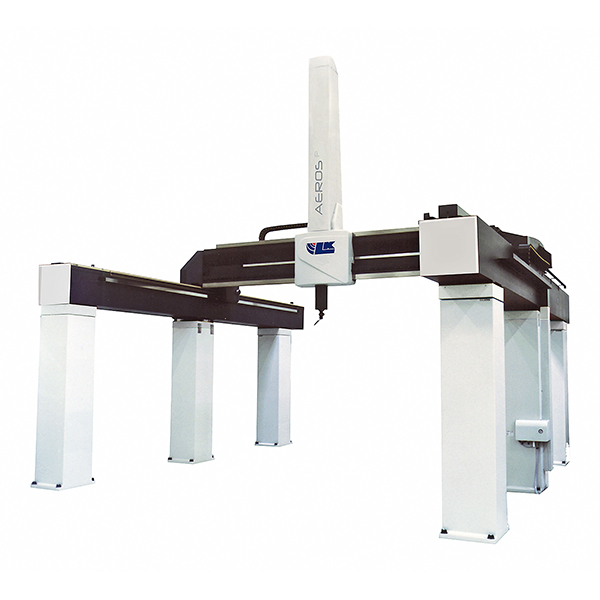
Mills CNC showed a large number of Doosan turning machines at the MACH 2022 exhibition last month, including two new turning centres and two new turn-mill machines.
From the largest stand at the show, the first new turning centre was the 10”-chuck Lynx 2600SY, a compact turning centre equipped with a Y axis and sub-spindle which, for the purposes of the exhibition, was integrated with a SYNERGi Premier automation system to create an automated manufacturing cell for the continuous production of small precision parts.
Also on the stand was the multi-tasking TT 1300SYYB, a twin-spindle/twin-turret turning centre with Y-axis capabilities on both its upper and lower turrets. Both the TT 1300SYYB and Lynx 2600SY feature the latest FANUC Plus control with touchscreen iHMI.
Mills CNC says it has a reputation in the market for the power, accuracy, reliability and versatility of its SMX-branded turn-mill machines. This reputation is set to grow with the recent introduction of two new models – the SMX 2100ST and SMX 5100LB – both of which were showcased on the stand at MACH.
The 8” chuck SMX 2100ST is multi-tasking machine with a 1040 mm maximum turning length, left and right opposing spindles (5000 rpm), a B-axis milling spindle, a Y axis and a 12-station lower turret.
The large-capacity 21” chuck SMX 5100LB has a maximum turning length and turning diameter of 3050 and 830 mm respectively, a left-hand spindle (37 kW/1500 rpm), a servo-driven tailstock, a B-axis milling spindle, integrated thermal compensation, and an automatic tool changer with up to 120 stations. Coventry-based MNB Precision placed an order for an SMX 5100LMB model on the first day of the show.
For further information
www.millscnc.co.uk






